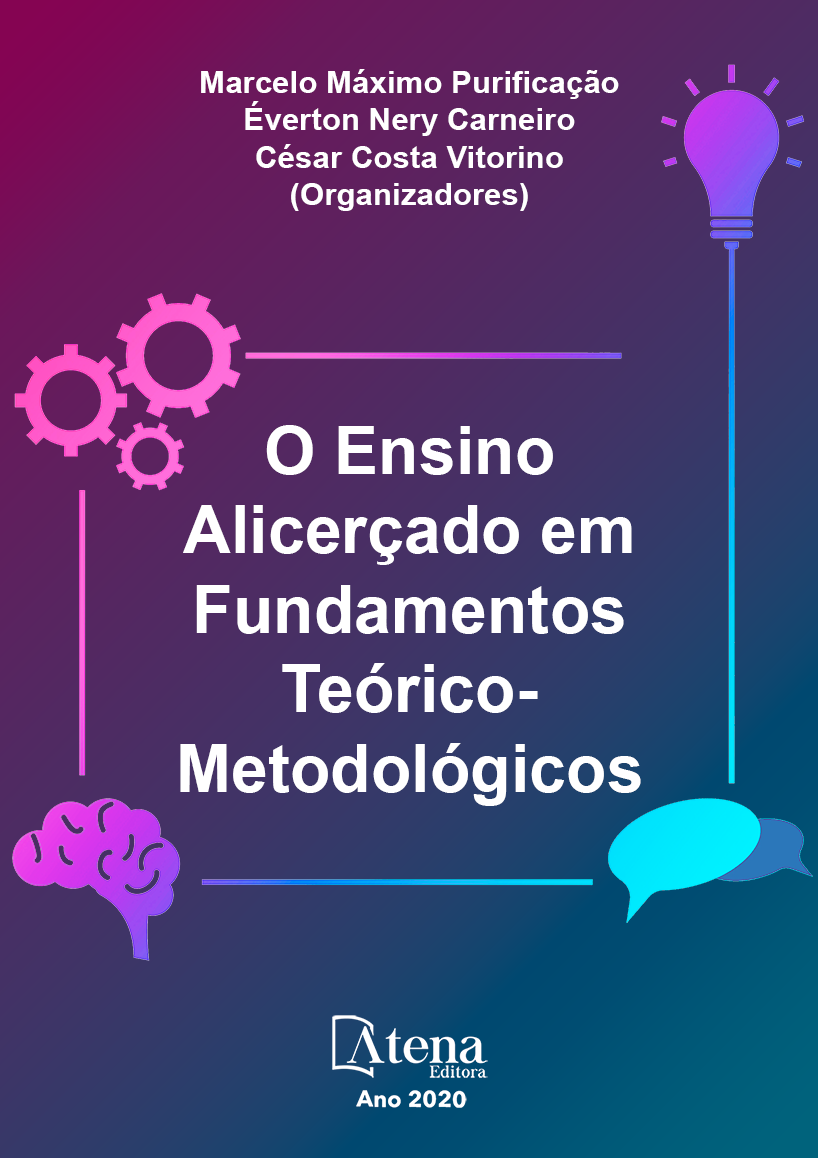
RESIDÊNCIA PEDAGÓGICA: MOTIVAÇÕES DE LICENCIANDOS EM QUÍMICA PARA INGRESSAR NO PROGRAMA E OBJETIVOS ADQUIRIDOS PARA A FORMAÇÃO DOCENTE
A contribuição para uma formação cidadã parte do princípio de que a abordagem de conhecimentos científicos da química deva proporcionar ao aluno significados com o seu cotidiano, de tal modo que os leve a reflexão, e os capacite a tomar decisões que envolvam a ciência, a tecnologia e suas implicações na sociedade e no meio ambiente. Diante essa preocupação, a pesquisa objetivou investigar se conteúdos de termoquímica desenvolvidos numa perspectiva Ciência-Tecnologia-Sociedade-Ambiente (CTSA) contribuem para superar características da Pedagogia tradicional em sala de aula. Na metodologia qualitativa, optou-se pela pesquisa-ação de acordo com Lüdke e André (1986) e Thiollent (2005), a fim de obter o feedback entre os membros envolvidos na investigação. A coleta de dados ocorreu durante um bimestre letivo e contou com a participação de três turmas do segundo ano do ensino médio de uma escola estadual pública do Paraná, totalizando 93 alunos. Os resultados foram organizados e tratados conforme a análise textual discursiva de Moraes e Galiazzi (2007). Depreende-se que, o desenvolvimento do conteúdo de termoquímica numa perspectiva CTSA proporcionou a participação ativa dos alunos durante o processo de ensino e da aprendizagem, suas falas também indicaram percepções e compreensões quanto a importância de obter conhecimentos científicos para poder tomar decisões no cotidiano. Diante o exposto, recomenda-se a inserção de assuntos relacionados a CTSA em diferentes conteúdos da disciplina de química, e em todo currículo da educação básica, para que assim, haja cada vez mais a superação das características da pedagogia tradicional em sala de aula.
RESIDÊNCIA PEDAGÓGICA: MOTIVAÇÕES DE LICENCIANDOS EM QUÍMICA PARA INGRESSAR NO PROGRAMA E OBJETIVOS ADQUIRIDOS PARA A FORMAÇÃO DOCENTE
-
DOI: 10.22533/at.ed.64710140816
-
Palavras-chave: Abordagem CTSA; Cotidiano do aluno; Ensino de química; Formação cidadã.
-
Keywords: CTSA approach; Student's daily life; Chemistry teaching; Citizen formation.
-
Abstract:
The contribution to a citizen formation is based on the principle that the approach of scientific knowledge of chemistry should provide the student with meanings with his daily life, in such a way that leads him to reflection, and enables him to make decisions involving science, technology and its implications for society and the environment. Given this concern, the research aimed to investigate whether thermochemistry content developed from a Science-Technology-Society-Environment perspective (CTSA) contributes to overcoming characteristics of traditional pedagogy in the classroom. In the qualitative methodology, action research was chosen according to Lüdke and André (1986) and Thiollent (2005), in order to obtain feedback among the members involved in the investigation. Data collection took place during a two-month term and included the participation of three classes from the second year of high school at a public state school in Paraná, totaling 93 students. The results were organized and treated according to the discursive textual analysis by Moraes and Galiazzi (2007). It appears that the development of the thermochemistry content in a CTSA perspective provided the active participation of students during the teaching and learning process, their speeches also indicated perceptions and understandings regarding the importance of obtaining scientific knowledge in order to be able to make decisions in daily life. In view of the above, it is recommended to insert subjects related to CTSA in different contents of the chemistry discipline, and in the entire curriculum of basic education, so that, thus, there is an ever greater overcoming of the characteristics of traditional pedagogy in the classroom.
-
Número de páginas: 10
- Andressa Algayer da Silva Moretti
- Marcio Pereira Junior
- Alex Brandon Caniceiro
- Ananda Santana Gallo
- Franciele Silva de Oliveira
- Lucas Henrique Viola
- Marcia Camilo Figueiredo


